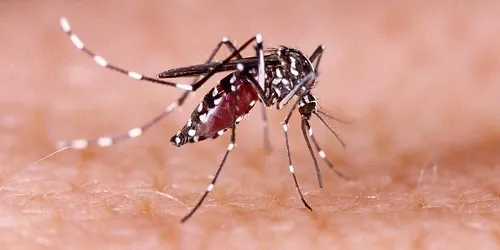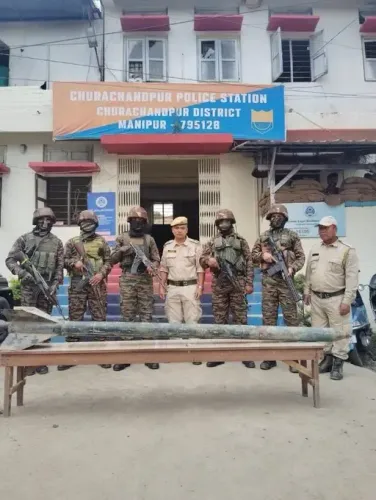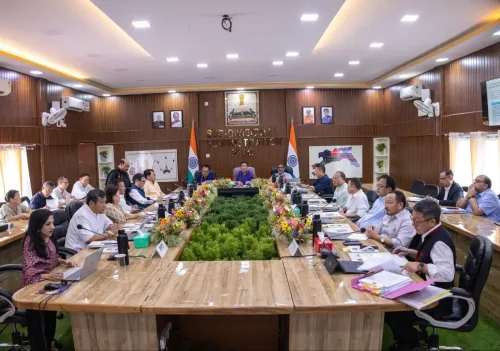How Is New Zealand Supporting Samoa During the Dengue Crisis?

Synopsis
Key Takeaways
- New Zealand is providing critical support to Samoa during the dengue outbreak.
- A specialized team is being dispatched to assist with clinical needs.
- A financial commitment of NZ 300,000 will bolster medical resources.
- Travelers are urged to take precautions against dengue.
- Dengue is a serious viral infection that can lead to severe complications.
Wellington, Aug 6 (NationPress) New Zealand has committed to supporting Samoa during a critical dengue outbreak that has tragically resulted in the deaths of five children in Samoa. Highlighting the strong bonds between the two countries, New Zealand's Foreign Minister Winston Peters announced on Wednesday that a specialized team will be sent to Apia, the capital of Samoa, to offer clinical assistance and collaborate with local authorities on additional medical support needs.
Furthermore, New Zealand will supply NZ 300,000 (approximately $177,978) in medical resources to bolster the response efforts, as stated by Peters.
Prominent public health officials from New Zealand are also in communication with their Samoan equivalents to ensure effective coordination of assistance.
Travelers heading to Samoa are urged to take preventive measures against mosquito bites and adhere to dengue prevention guidelines issued by New Zealand's SafeTravel advisory, as reported by Xinhua news agency.
The Samoan Ministry of Health had officially declared a dengue fever outbreak back in April.
Dengue is a viral illness transmitted from mosquitoes to humans, predominantly found in tropical and subtropical regions.
While most individuals infected with dengue remain asymptomatic, those who do display symptoms typically experience high fever, headaches, body pains, nausea, and skin rashes. While most recover within 1-2 weeks, some develop severe dengue, necessitating hospital care.
In extreme cases, dengue can lead to fatalities.
To minimize the risk of dengue, it is crucial to avoid mosquito bites, especially during daylight hours.
Currently, dengue is managed with pain relief medications, as there is no specific treatment available.
The global incidence of dengue has surged significantly over the past few decades, with the WHO reporting an increase from 505,430 cases in 2000 to 5.2 million in 2019. A considerable proportion of cases are mild or asymptomatic, leading to under-reporting, and many are misdiagnosed as other febrile illnesses.









